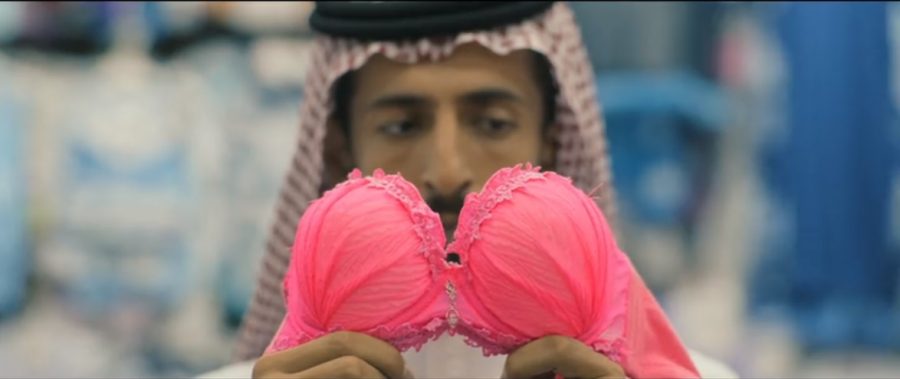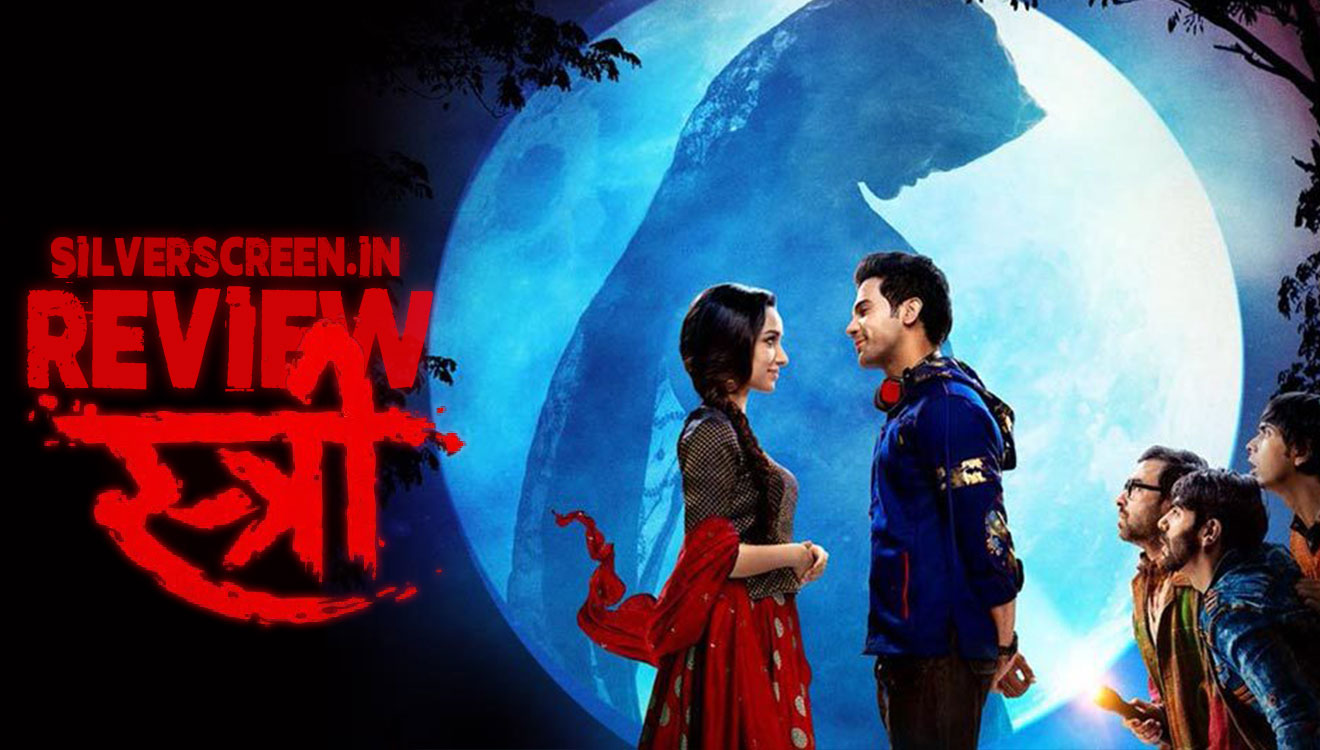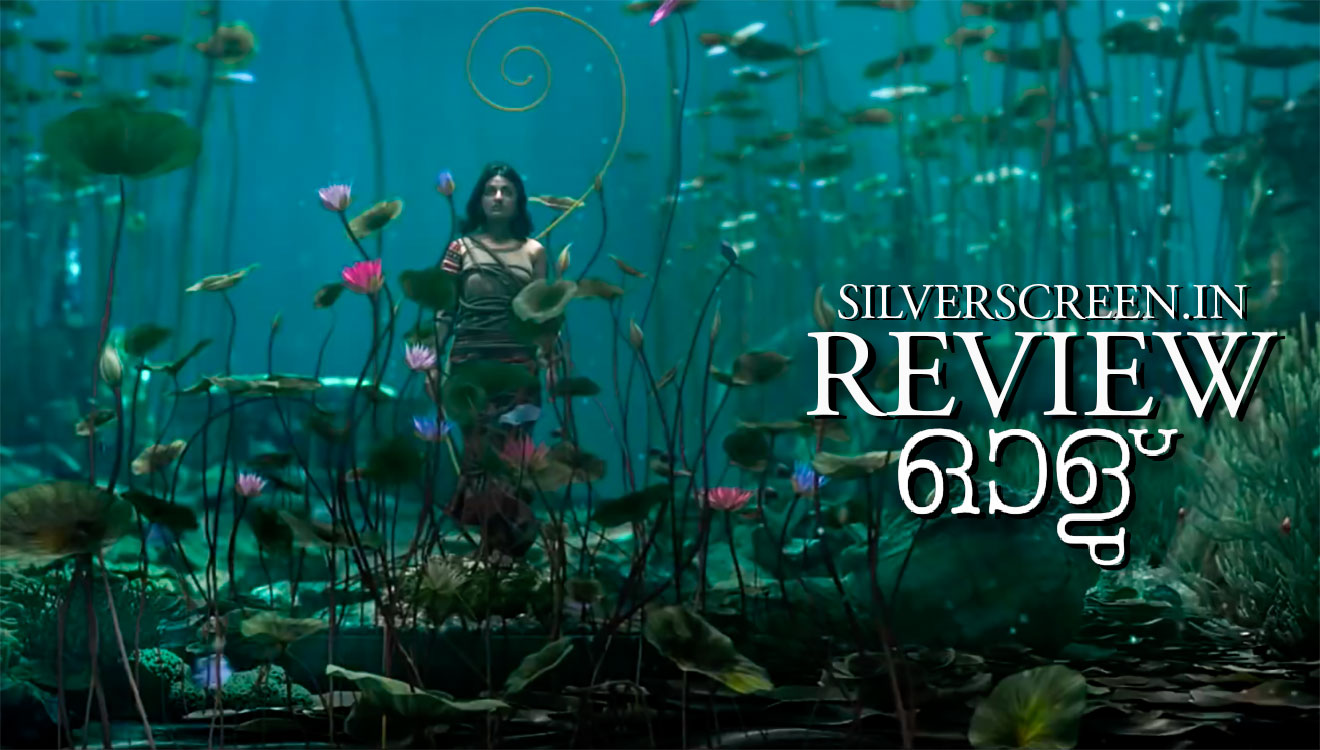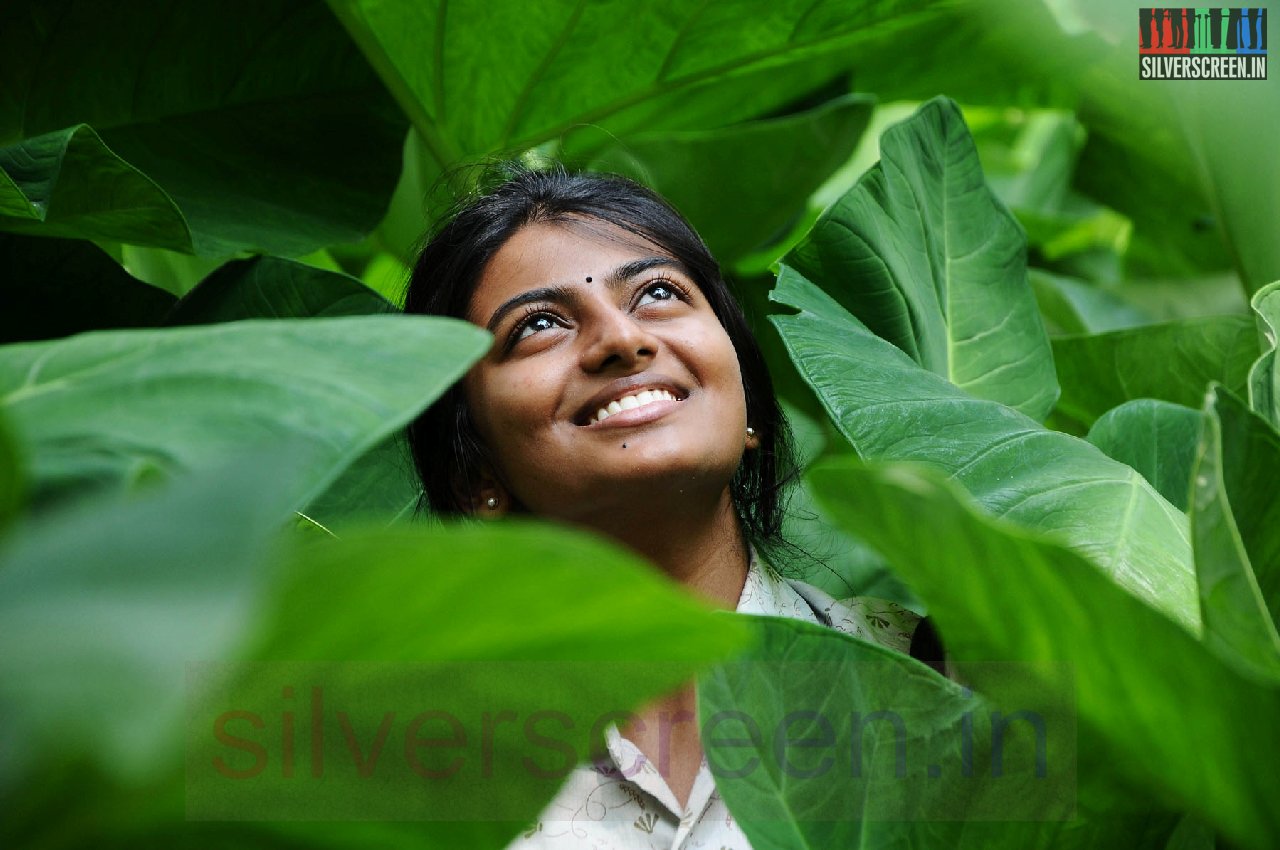Censorship has perhaps been the most talked about and the most tweeted about subject in India this year. From Sanjay Leela Bhansali’s Padmavati to Alankrita Shrivastava’s Lipstick Under My Burkha which was refused a certificate for showcasing ‘women’s fantasies’ and sexual scenes among others, it has led to raging debates all over the media – and rightly so. But of course, there are countries that have it much worse. Saudi Arabia for instance, where movie theatres were banned until recently, and the few movies that get made have to adhere to a conservative social code.
The Internet at large calls Barakah Meets Barakah, the 2016 Saudi Arabian film directed by Mahmoud Sabbagh, a journalism graduate from the Columbia University, a romantic comedy. It perhaps is one on the surface, capturing in funny, surprisingly pragmatic frames, the romance – or the attraction – between an Instagram star and an unglamorous civil servant. But Sabbagh has a larger vision, one that reaches far beyond a simple tale of a man and a woman who like each other. For a country in the throes of the Wahabbit regime and fiercely governed by the Sharia law, which (subject to various interpretations by religious leaders) calls for gender segregation in public places and even within homes, in addition to a general lack of freedom for women, Sabbagh’s film is laced with subtle, humorous commentary, on the social framework in Saudi Arabia.
A delightfully droll note right before the movie sets the tone for what is to come. ‘The pixellation you will experience during this film is totally normal; it’s not a comment on censorship,’ it says, ‘We repeat, it’s not a commentary on censorship.’ Sure enough, a scene featuring Bibi Harith, one of the protagonists, getting a tattoo on her midriff is blurred; so is a frame that features beer canisters. “I made a decision to pixelise some scenes,” says Sabbagh in an interview with Qantara.De, “Because if you buy an American or foreign DVD in Saudi Arabia, anything relating to nudity, alcohol etc., is pixelised. If you fly with a Saudi airline, such details are also blurred in the in-flight entertainment system. We′re so familiar with this, we never question it.”
While the decades-long ban on movie theaters has been only recently repealed (Saudi Arabians flock to Bahrain and UAE to watch films), the handful of filmmakers that the country has produced – and backed in the past few years – have tried to skirt around the unofficial censors . Sabbagh declares in the interview that he chose to “show the absurdity” of the situation through comedy and satire. “To make people ask themselves, why do we actually do this? It′s crazy! Of course you have to be smart about it and there are some “super red lines” that we cannot touch. They are more imposed by society than the government, however. Yet, there a few grey areas and we try to raise the bar in these instances – we push it, we even try to shock sometimes.”
 The lone sequence hinting at romance in Barakah…, is more like a metaphor – a shadow-play on a screen drawn over the couple. Sabbagh though, cannot seem to resist himself even here, he enlists the help of a middle-aged woman, a staunch representative of the Saudi society, who unceremoniously bursts in on the scene and disrupts whatever (little) intimacy that the scene had going for it.
The lone sequence hinting at romance in Barakah…, is more like a metaphor – a shadow-play on a screen drawn over the couple. Sabbagh though, cannot seem to resist himself even here, he enlists the help of a middle-aged woman, a staunch representative of the Saudi society, who unceremoniously bursts in on the scene and disrupts whatever (little) intimacy that the scene had going for it.
Barakah… slowly tries to construct a relationship between its protagonists not quite overcoming the legal, religious, social and socio-political hurdles in the process, but by weaving them – one humorous scene after another – into the screenplay. They become plot elements. And in certain instances, seem to think aloud – just as the director might have had. When Bibi Harith (Fatima AlBanawi), an Instagram celebrity and Barakah Urabi (Hisham Fageeh) sense an interest towards the other, they wonder where to meet. Almost every place is forbidden, and they would risk the wrath of the religious police (Mutaween). So, Bibi and Barakah meet in a departmental store – and whisper at each other between the aisles, eyes firmly on shelves. Even the moment when Barakah and Bibi meet for the first time is steeped in humour. When Barakah is sent to investigate a potential misuse of public spaces, he finds Bibi and team in the middle of a photoshoot. They don’t quite have the permit from the municipality, he finds. Barakah though, calls his office and dismisses the complaint, rather poetically (“the skies are blue; the birds are sweet and singing”).
Later at home, while struggling to brew some Ethiopian coffee under the stars, his neighbour remarks that Bibi is too loose for their kind. A fantasy that he could dream about, of course, but not hope to achieve. Barakah then becomes endearingly blasphemous. Remind me which tribe of angels we belong to, he says.
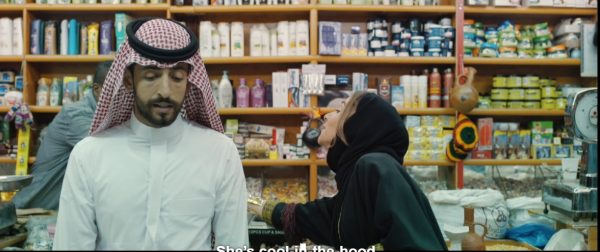 In Barakah, Sabbagh, who had earlier directed a 2014 web series called Cash, moves beyond boring, armchair liberal ideologies. He delves into conflict, the kind that often manifests within the self, depicts the contrast in the social settings of his protagonists, and at the same time, wryly points out the similarities – the cultural beliefs that reign supreme across all classes. During an instance, he pulls the veil on Mayyada; Bibi’s mother, who owns a high-end fashion boutique and wears the most beautiful of clothes, and someone who launches into a tirade at Barakah for questioning the authority of the photo-shoot, defers to her husband. Later, she seeks out a midwife for a fertility potion to beget a son. In a startling reveal towards the end, much to Barakah’s surprise and consternation, the film makes it known that Bibi is adopted, and that plans have been made to hastily marry her away. The son her parents had always wanted is here. And, it so transpires that it was Barakah who had recommended a midwife in a bid to win over them.
In Barakah, Sabbagh, who had earlier directed a 2014 web series called Cash, moves beyond boring, armchair liberal ideologies. He delves into conflict, the kind that often manifests within the self, depicts the contrast in the social settings of his protagonists, and at the same time, wryly points out the similarities – the cultural beliefs that reign supreme across all classes. During an instance, he pulls the veil on Mayyada; Bibi’s mother, who owns a high-end fashion boutique and wears the most beautiful of clothes, and someone who launches into a tirade at Barakah for questioning the authority of the photo-shoot, defers to her husband. Later, she seeks out a midwife for a fertility potion to beget a son. In a startling reveal towards the end, much to Barakah’s surprise and consternation, the film makes it known that Bibi is adopted, and that plans have been made to hastily marry her away. The son her parents had always wanted is here. And, it so transpires that it was Barakah who had recommended a midwife in a bid to win over them.
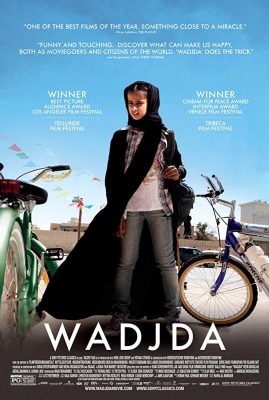
saudi4
*****
While not many details have emerged about the censorship and other rules that may govern cinema in Saudi Arabia, the country is largely expected to follow what is already in place in UAE which has a five criteria rating system (G, PG 13, PG 15, 15+ and 18+). Speaking to abc.net, Hisham Fageeh, the actor who essayed the role of Barakah in Barakah Yoqabil Barakah, expressed his concerns that “even as instances of violence were allowed on screen, any kind of intimacy and love is considered taboo and a moral violation.” Of course, as director Sabbagh depicts in the movie, the ultra-conservative Islam reformist movement that took the country several paces behind began in the 80s.
Hisham as Barakah, laments the state of Saudi in a monologue in the film; his parents had had it easy in their time – almost everything was reversed.
An article on National Geographic details a reporter’s experience in interacting with women in Saudi Arabia, and its cultural scene after the reform:
“The Saudi government, its legitimacy threatened by such upheaval, enlisted religious police in a kingdom-wide crackdown that imposed upon all Saudis the rigidity of its most conservative cultures. School curriculum was revamped. Music was silenced as un-Islamic. Couples walking or driving in public together were forced to show police their marriage licenses.”
Recommended
In 2014, UAE had famously cut 45 minutes of footage from the Martin Scorcese movie The Wolf Of Wall Street – so much so that it made the film unintelligible, much to the chagrin of the audience. A senior staff member at the censorship department of the National Media Council, UAE had lamented in a 2010 interview to Timeout Dubai that 90 per cent of the material, including music and videogames were deemed “outside the culture”. But the department, apparently, rarely banned films. Morgan Freeman, the article goes on to add, was entirely cut from Bruce Almighty because the censors did not approve of the portrayal of God.
In late 2014, a blogger based in Dubai wrote about her experience of watching Hollywood films on TV:
“What happens when you watch it [My Best Friend’s Wedding] here in the UAE? Jules says ‘I love you, choose me, blah blah blah’…and…cut to the scene when Kimmy runs. I swear to God, if it’s your first time seeing this movie, you would need a fork to scratch your head as to what happened that made Kimmy run. Ok, the two co-ed best friends were standing in a gazebo, staring close at each other but is that a valid reason to run like a mad woman?”
In recent years though, the censors seem to be going easy on their cuts. The 2016 Marvel film Deadpool was released uncut in the UAE except for a frontal nudity scene involving Ryan Reynolds.
In Saudi Arabia too, reforms are underway. Crown Prince Mohammed bin Salman, who had vowed to return the country to “moderate Islam”, has been extensively involved in social and economic restructuring. Recently, the ban on women driving was overturned and some changes were made to guardianship laws that sought to restrict women. The Mutaween, or the religious police that the film Barakah Meets Barakah often refers to, also had their roles redefined last year.
Barakah Meets Barakah is available on Netflix.
*****
